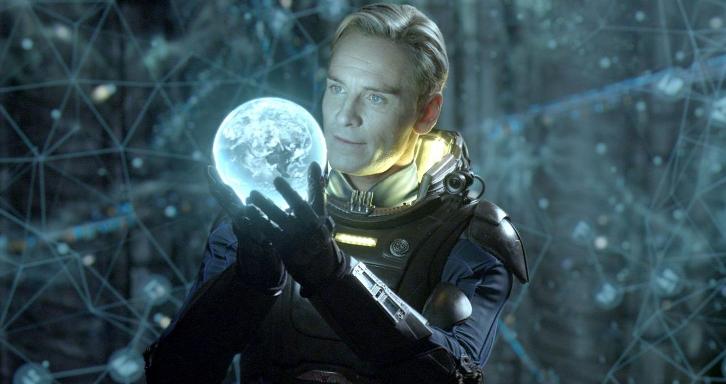The Bennets go Bollywood (well, faux Bollywood as this movie was produced in the West), with bright colors, singing, and dancing, but it’s a fairly straight rendition of the story from the novel. The advantage of the modern Indian setting is that the important old-style English sensibilities (marriage is vital, status is paramount, etc.) are still in place. The disadvantage? Well, once again we don’t get Austen’s language (except in rare instances), and the replacement is mediocre.
As for that singing and dancing, if you are a fan of Bollywood films, and don’t mind musical numbers that do not advance the story and are often at odds with the tone of the surrounding drama, you may find them tolerable. But probably not, since the songs very from not-too-bad to atrocious. If you haven’t acquired the taste for Bollywood, you’re in for a rough time.
Aishwarya Rai, a former Miss World, has no problem being beautiful. As Lalita Bakshi, the renamed Elizabeth, she doesn’t overwhelm with her acting chops, nor does she muck up the works. Unfortunately, she has no chemistry with Martin Henderson, whose William Darcy isn’t as much of a jerk at the film’s opening as his other incarnations, but also lacks the fire. He’s a milquetoast Darcy. The unfortunate actors are given little help by a script that requires them to argue about Indian culture, the problems with tourism, and the destruction of true India caused by the building of hotels. Ummmmm. Sure.
There’s fun to be had, and no one could complain that this isn’t bright and shiny entertainment, but it’s also no more than ankle deep. Think of it as Austen with some of the charm, but none of the soul. It would be a great extra on the DVDs of the Ehle/Firth or Knightley versions.
